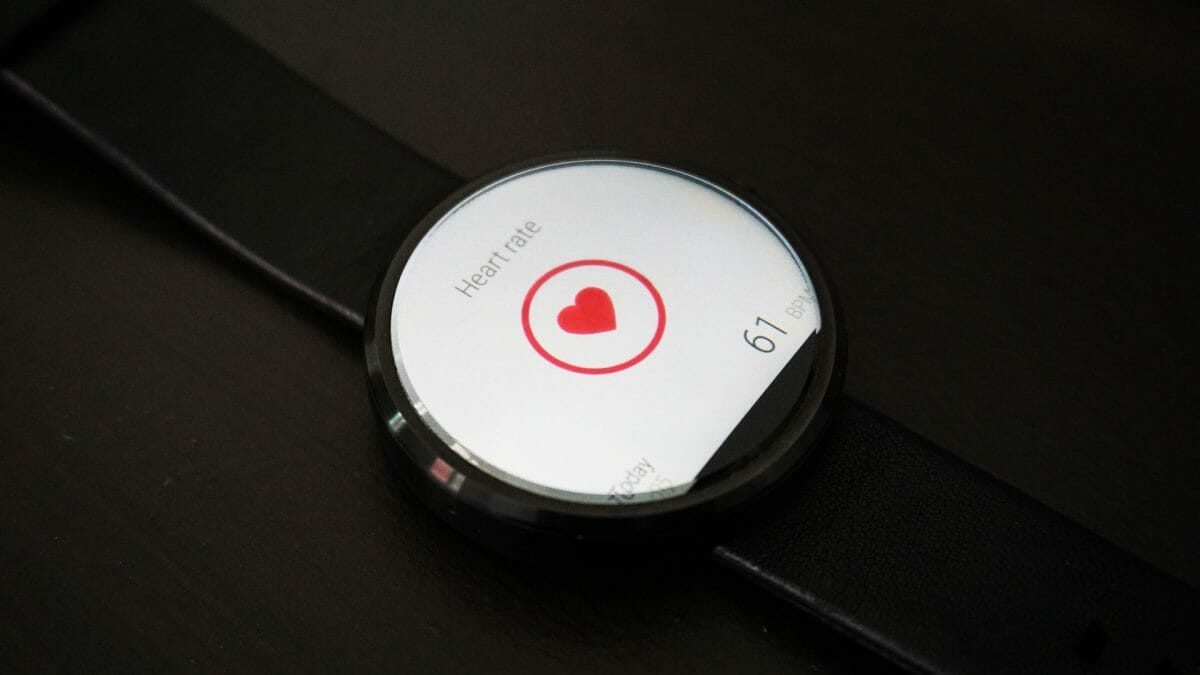It is no secret that technology impacts basically every area of our lives today. So, it shouldn’t come as a surprise that technology has made its way to the scientific industry as well. It has particularly come into play in decentralized clinical trials, offering invaluable advancements for research and results.
Generally, technology has enabled researchers to have an easier process when studying, as well as allowing streamlined results to come in more frequently. Technologies in clinical trials have meant that there is so much time saved for all parties involved. Most importantly, technology in clinical trials means that more patients can participate, making it more accessible for all. This removes a medical barrier and means that they can feel more involved in the overall research process. Here’s how to participate in clinical trials.
Read below to find out more about the technologies used in clinical trials that have made it more accessible for patients today.
3 Technologies Aiding Accessibility
1. Cell phone applications
One issue that technology has been able to eliminate is enabling researchers to match patients to a particular clinical trial. Of several tools on the market, one that has increased the overall accessibility of clinical trials to patients has been smartphone apps. For example, The University of Buffalo is in the process of creating and researching a smartphone app that allows patients to look through a variety of different clinical trials; all the information is found and stored on the app. Once they’ve found the one that’s right for them, they can enroll in the trial and take part in the research right from their cell phones. As well as this, patient monitoring is made simpler. Through the app technology, researchers are able to keep up to date with the patients easily. Technology makes this process easier and quicker and involves the patient right from the beginning. As companies continue to develop similar applications today, it means that more people will take part in clinical trials in the future.
2. Wearable Technology
Some participants in clinical trials might not be literate with smartphone technology, and that is totally fine. Wearable technology has been introduced, which means researchers can track a patient’s progress, getting an automated patient monitor update around the clock. An example of wearable technology is wearable heart monitors, a growing need in our society today. Those who need them most wear them the least, and there is a surge to promote the benefits of having one for our health. With the patient wearing it under their clothing, it makes the process of gathering data needed for the clinical trial seamless for everyone involved. If the patient wishes to access the data from their wearable technology, they can do so through their computer, with the help of a family member or friend. This means that clinical trials are accessible to anyone of any age, increasing overall patient satisfaction as they are able to monitor their progress as the trial goes along.
3. BlockChain Technology
Integrating blockchain into clinical trials has developed in more recent years. The continuous collaboration between trials and blockchain suppliers enables new advancements in the application of various aspects of the clinical trial process. It mainly helps to retain data, meaning that the researcher can protect the patient’s data, and participants can feel comfort and trust that their records are stored safely, which is a huge security benefit. As blockchain technology advances, it will focus on creating more data permission and nodes for each group of people that take part in clinical trials. Examples of groups can range from healthcare providers, researchers, and patients. Thankfully, the transparency of blockchain technology allows researchers to identify any issues within the trial quickly. It keeps track of every single change, such as times of modification and contents. These kinds of details can be crucial for the success of clinical trials.
The wonderful thing about technology is that it is always evolving, and it happens at such a quick pace. This means that the future of technology will be able to continue to change the path for clinical trials, as there are so many advancements yet to come. One that is worth keeping an eye out for is virtual sites for clinical trials. It is possible that someday in the near future that all clinical trials can be conducted virtually, making the entire process automated. If that is the case, it means that clinical trials will see many more participants, as they will be able to complete the process from the comfort of their own homes. Having more people enrolling in clinical trials means that each study will be more productive, and less time will be spent searching for patients.
